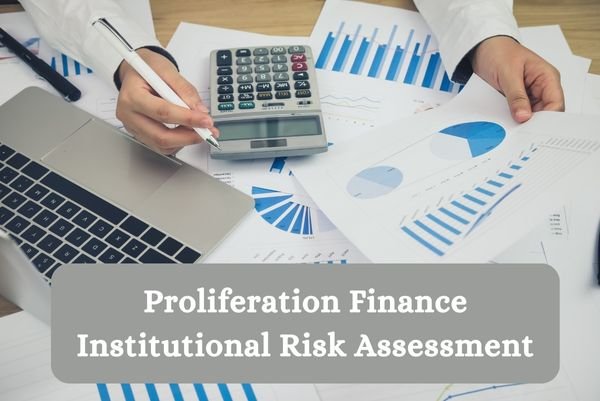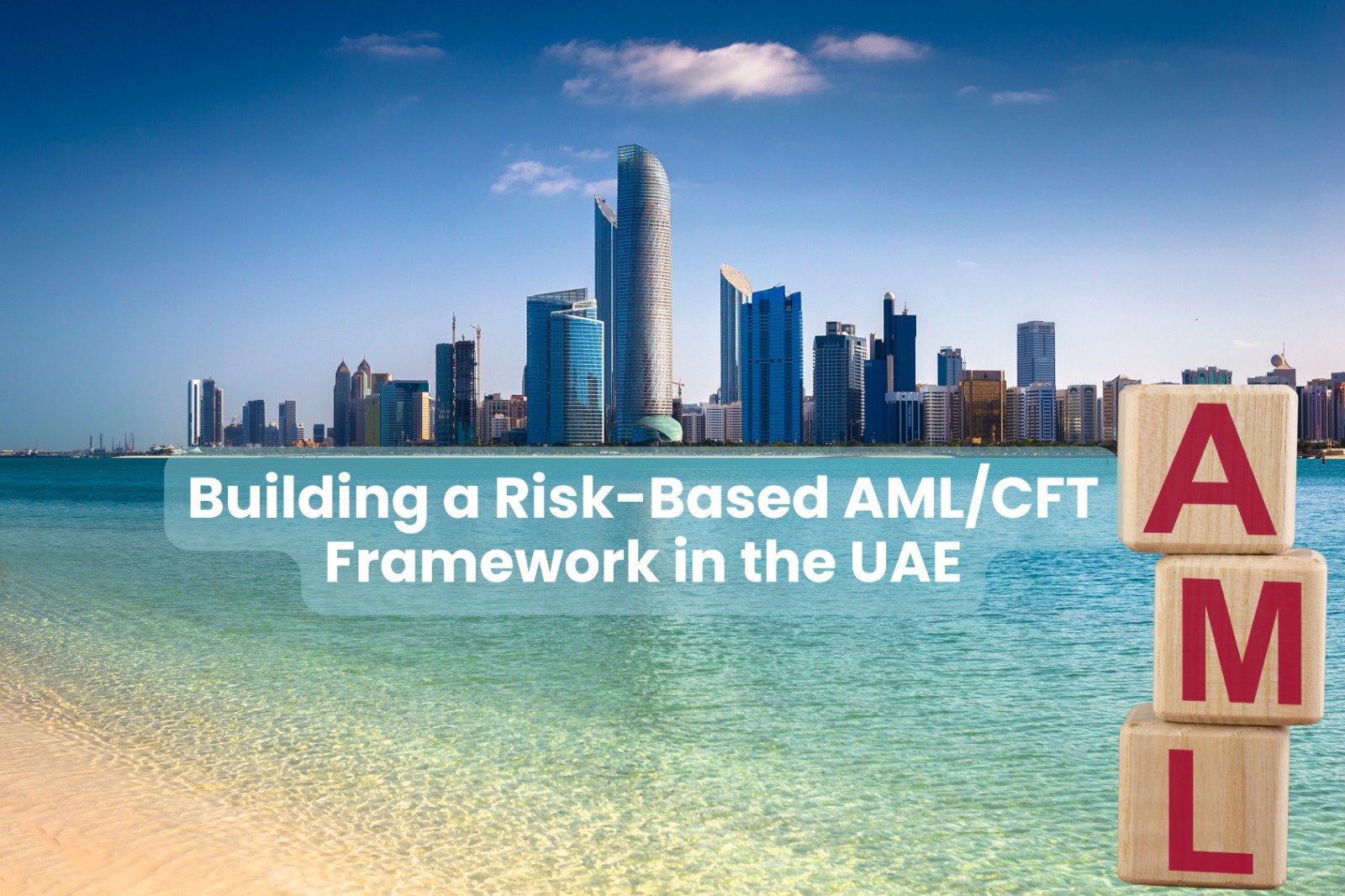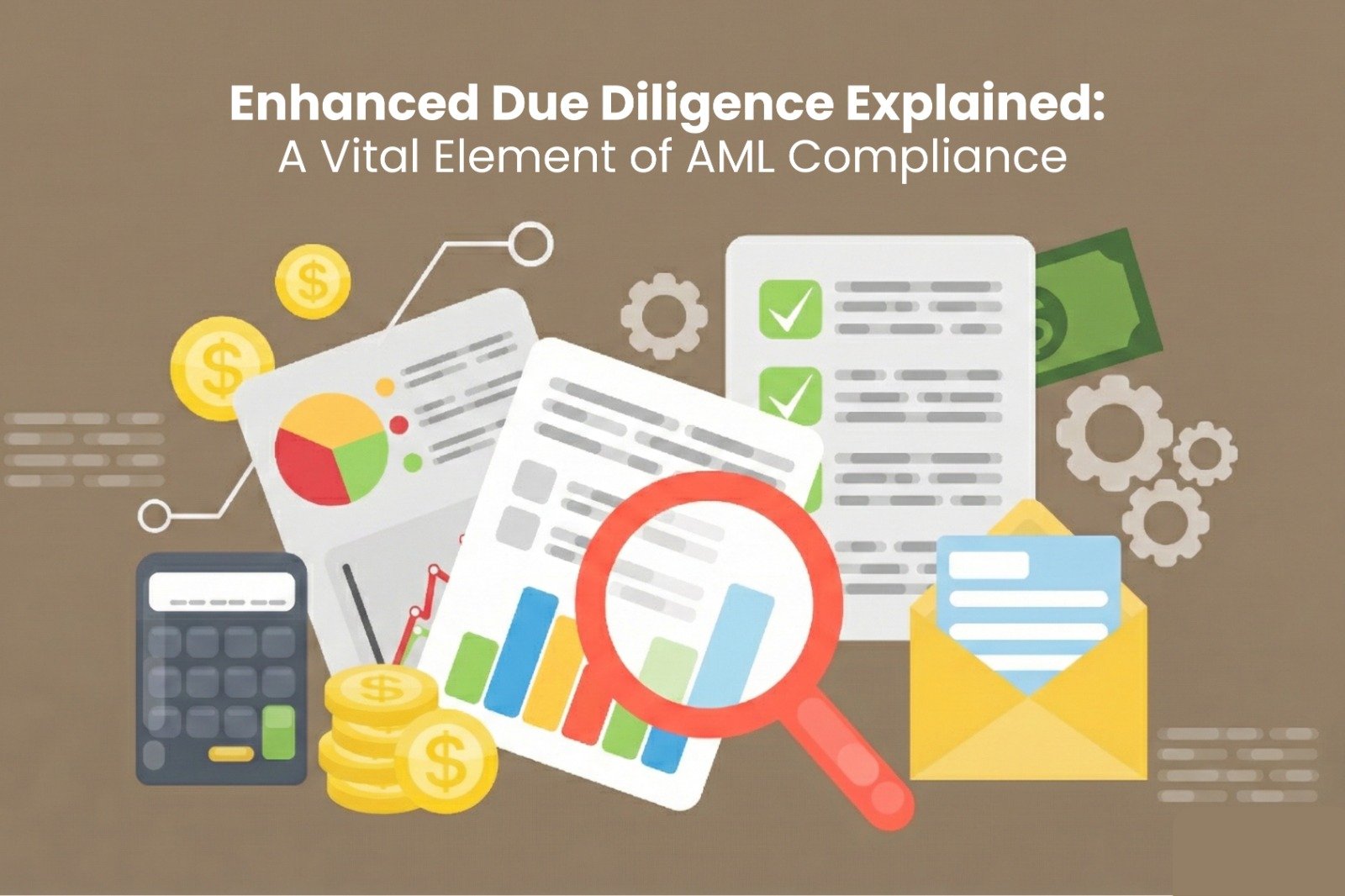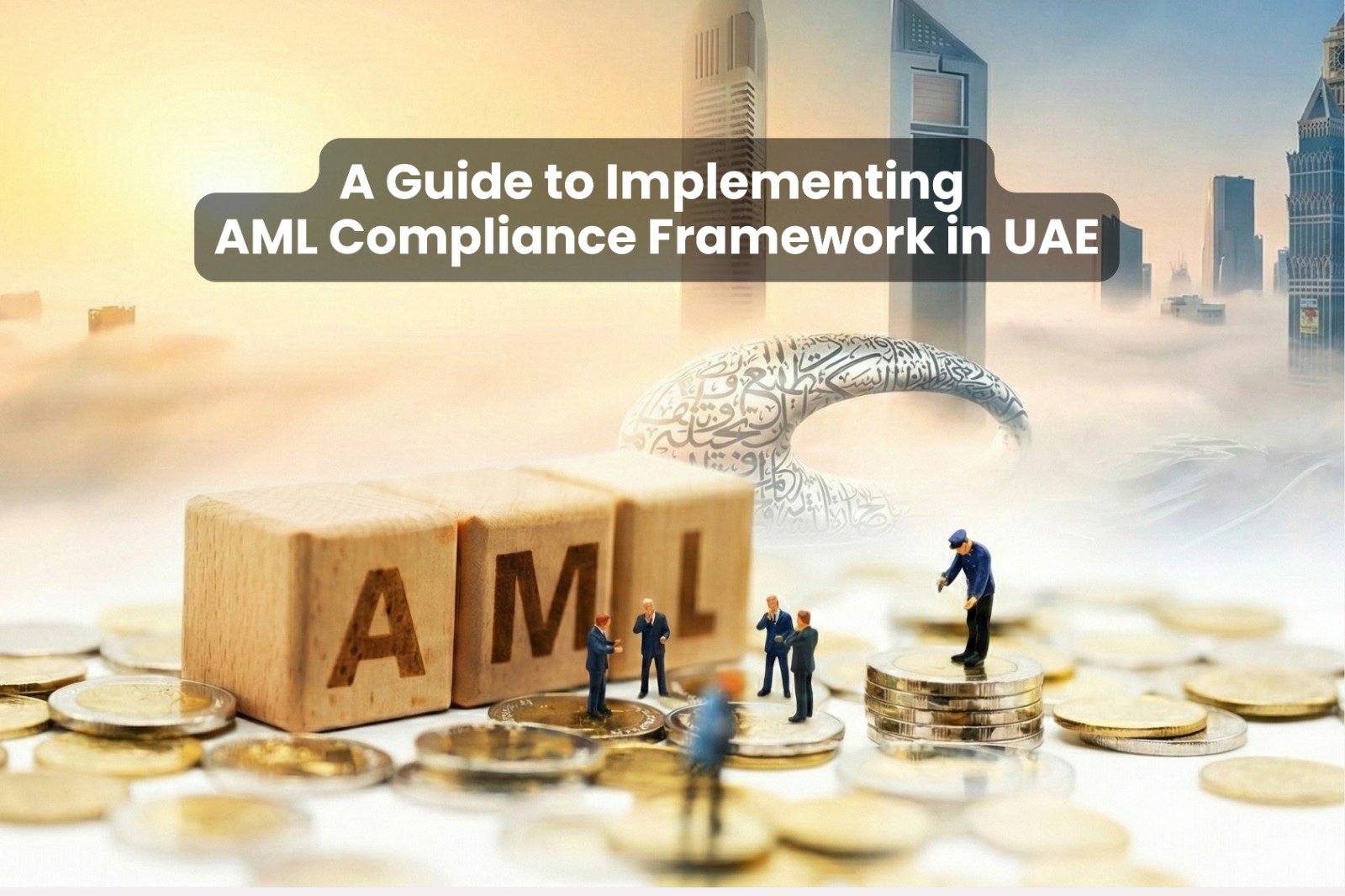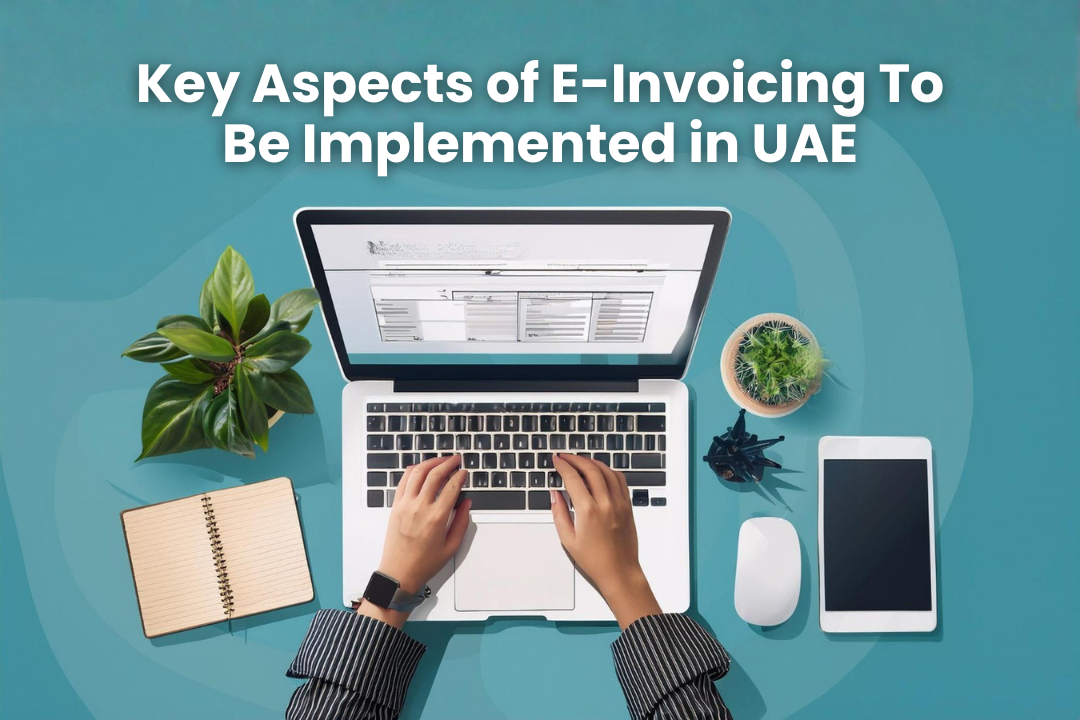In the ever-evolving and changing landscape of global finance, staying ahead of emerging risks is paramount. One such risk that has gained increasing attention in recent years is Proliferation Finance. As the world grapples with the complex interplay of economic interests and geopolitical tensions, financial institutions find themselves on the frontline, tasked with identifying and mitigating the risks associated with the financing of weapons of mass destruction (WMD) and their delivery systems.
Proliferation Finance Defined
Proliferation Finance refers to the illicit financial activities that support the development, production, acquisition, or deployment of WMDs and their means of delivery. This encompasses a wide array of activities, from the procurement of dual-use technologies to the movement of funds through complex networks of entities. Understanding the intricacies of this shadowy realm is crucial for financial institutions to safeguard themselves and contribute to global security.
Steps for Proliferation Finance Institutional Risk Assessment
When appraising the risks associated with Money Laundering (ML) and Terrorist Financing (TF), organizations should concurrently evaluate the risks related to Proliferation Finance (PF). Throughout this assessment process, it is essential to address the following steps:
1. Recognize Inherent Risk
In assessing the inherent risks associated with proliferation financing, it is imperative to thoroughly analyze the exposure your business faces by considering various risk factors. These factors include:
- Customer and Business Activities
- Geography
- Products, Services, and Transactions
- Delivery Channels
- Cyber Risks to Software and Systems
2. Check the adequacy and effectiveness of controls
The next step is checking the adequacy and effectiveness of control measures. These measures aim to manage and mitigate the inherent risks identified in Step 1.
A control measure is adequate only if it is accurate in risk detection and prevention. The control effectiveness must be determined considering the quality of the control design and the operation efficacy of the controls. The outcome of the control effectiveness can be determined only based on the degree and extent of how well the controls can manage the impact of the risk on the business.
Based on the analysis of the adequacy or deficiencies in the design and operation of the controls, the control measures can be classified as effective, partially effective, or ineffective.
You must conduct frequent reviews of control measures to test effectiveness and sufficiency. If found otherwise, you must take corrective actions.
3. Recognize residual risks
Residual risk is determined by subtracting the effectiveness of controls from the inherent risk. In essence, it represents the portion of risk that persists after accounting for the impact of control measures on the inherent risk.
4. Continual Risk Assessment
In the face of emerging risks, it becomes imperative to conduct ongoing risk assessments. With the advent of new risk scenarios, it is crucial to adapt control measures accordingly. Therefore, there is a constant need to review and update the risk assessment framework for both the overall business and individual customers.
Proliferation Finance Risk Mitigating Measures
1. Customer Due Diligence (CDD)
Rigorous CDD processes are the foundation of an effective Institutional Risk Assessment. Institutions must go beyond traditional KYC (Know Your Customer) procedures and delve into the ultimate beneficial ownership structures, transaction patterns, and the nature of business relationships. Uncovering the true identity of clients and scrutinizing their activities can reveal red flags associated with proliferation finance.
2. Enhanced Transaction Monitoring
Proliferation financiers often rely on sophisticated money laundering techniques to conceal their activities. Implementing advanced transaction monitoring systems that can detect unusual patterns, high-frequency transactions, and hidden connections is paramount. Machine learning and artificial intelligence play a crucial role in augmenting the capabilities of these monitoring systems.
3. Sanctions Compliance
Staying abreast of international and local sanctions lists and ensuring compliance with them is non-negotiable. Proliferation financiers frequently exploit gaps in sanctions enforcement, making it imperative for financial institutions to continuously update their screening processes and maintain a proactive approach to compliance.
4. Employee Training and Awareness
The human element is often the weakest link in any security system. Conducting regular training sessions to enhance employees’ understanding of proliferation finance risks, the red flags associated with suspicious activities, and the latest developments in the field is crucial. A well-informed and vigilant staff is an institution’s first line of defense.
5. Collaboration and Information Sharing
Proliferation finance is a global challenge that requires a collaborative response. Financial institutions must actively engage with regulatory bodies, law enforcement agencies, and international partners to share information on emerging risks and coordinate efforts to combat illicit financial activities effectively.
Auditac’s Role In Proliferation Financing Institutional Risk Assessment
Having recognized the imperative of evaluating and addressing the risks associated with proliferation financing, it is crucial to give it the significance it warrants. Proactive measures should be taken to integrate these considerations into your comprehensive Anti-Money Laundering/Countering the Financing of Terrorism and Combating Proliferation Financing (AML/CFT/CPF) framework. If you require assistance, Auditac International is readily available to support you.
As a prominent provider of AML, CFT, and CPF compliance services in the UAE for Financial Institutions, Designated Non-Financial Businesses, and Professions or Virtual Asset Service Providers ( FIs/ DNFBPs/VASPs), we specialize in aiding our clients in combating various financial crimes, encompassing money laundering, terrorism financing, and proliferation financing. In addition to offering AML compliance services in Abu Dhabi, our consultants and seasoned professionals can assist you in:
- Grasping the significance of CPF within the realm of financial crimes.
- Recognizing and evaluating the emerging risks associated with proliferation financing.
- Identifying appropriate measures to counteract proliferation financing.
- Implementing these CPF measures and controls to mitigate or prevent proliferation financing risks effectively.
